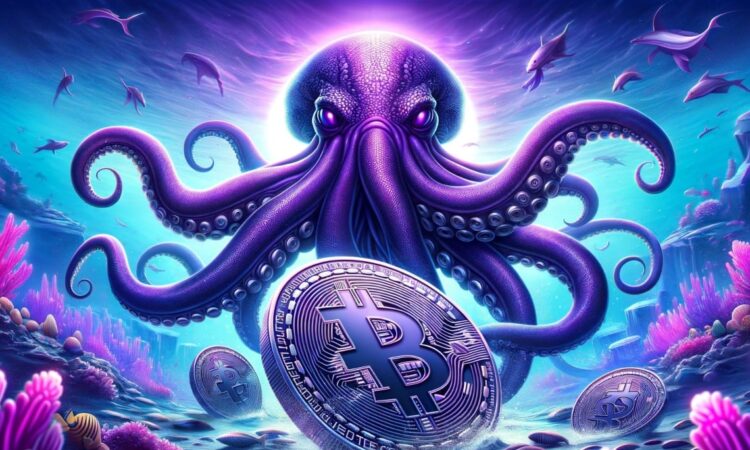
One of the latest episodes involved Kraken, one of the most important cryptocurrency exchanges in the world, and the stablecoin USDT of Tether.
On May 18, a Kraken executive clarified that the exchange has no intention to delist USDT in Europe, contrary to what had been previously suggested.
The issue of Kraken and the stablecoin USDT
The confusion started when an executive of Kraken mentioned the possibility of abandoning the stablecoin USDT due to the new regulations that are about to be implemented in the European Union.
The regulations in question aim to regulate more strictly the market of cryptocurrencies, with particular attention to stablecoin, which are cryptocurrencies anchored to fiat currencies such as the US dollar, the euro or other stable currencies.
USDT, being one of the stablecoin most used in the world, has been subject to numerous checks and verifications over the years.
The main concerns concern its transparency and the reserve of assets that support the value of the stablecoin. The new EU regulations require greater transparency and compliance, which could pose a challenge for some stablecoins, including USDT.
On May 18, a Kraken executive denied that the exchange intends to delist USDT in Europe. This statement was made to clarify the exchange’s position after speculations and news had suggested otherwise.
According to the executive, Kraken is currently working to ensure compliance with the new EU regulations and has no immediate plans to remove USDT from its platform.
EU Regulations and their Impact
The new regulations of the European Union, known as the Regulation on Markets in Crypto-assets (MiCA), are designed to create a clear and unified regulatory framework for cryptocurrencies and stablecoins in the EU.
These regulations require stablecoin issuers to provide detailed information on the asset reserves supporting their coins and comply with strict transparency requirements.
The MiCA aims to protect investors and ensure financial stability, mitigating the risks associated with cryptocurrencies.
Stablecoins, in particular, are under scrutiny because their growing popularity could have significant implications for the traditional financial system.
USDT is one of the most used stablecoins in the cryptocurrency market, with a market capitalization that often exceeds 60 billion dollars.
Its popularity derives from its ability to provide a stable store of value in a market known for its volatility. Investors and traders use USDT to quickly move funds between exchanges and to park their assets in a relatively stable form during periods of high volatility.
The possibility of a delisting of USDT by a major exchange like Kraken could have had significant implications for the cryptocurrency market. However, the denial by the Kraken executive helped reassure investors and maintain market stability.
Future perspectives and conclusions
With the new EU regulations on the way, cryptocurrency exchanges and stablecoin issuers will need to quickly adapt to ensure compliance. Kraken, as one of the most respected and regulated exchanges in the world, is well positioned to navigate through these challenges.
His decision to keep USDT on his platform indicates confidence in Tether’s ability to comply with new regulations and continue to provide a stable and reliable product for its users.
In conclusion, while the regulatory landscape for cryptocurrencies continues to evolve, clear and transparent statements from key market players, like Kraken, are essential to maintain investor confidence and market stability.
The denial of the delisting of USDT is an important step in this direction, reassuring the exchange’s users and demonstrating Kraken’s commitment to ensuring compliance and transparency.






